This is the story of How he fought for the Niger-Delta and how we were hanged for it by the military government of General Sani Abachi.
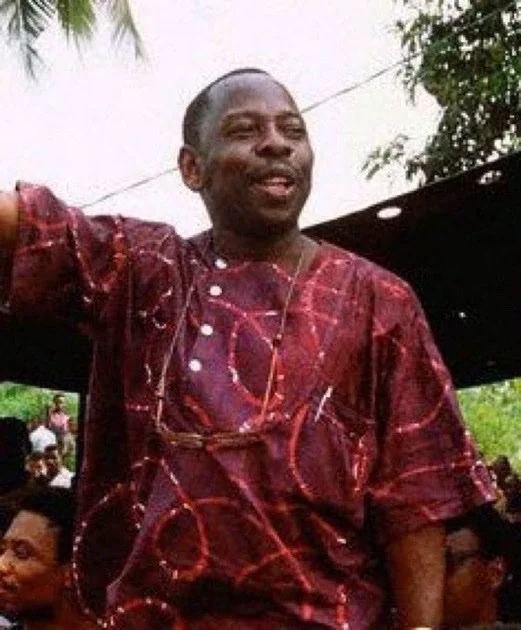
Kenule, or Ken, Saro-Wiwa was an environmental activist, author, and television producer. He was born in Bori, a small town in the Niger Delta; his father, Jim Wiwa, was a chief of the Ogoni people, an ethnic minority in the Delta region.
He received the honorary title "Saro," meaning "eldest son." In the 1950s, Wiwa witnessed the initial entrance of foreign oil companies and the beginning of the extraction of crude oil in the Niger Delta region.
Excelling in school at a young age, he left the Niger Delta to attend the Government College in Umuahia in Eastern Nigeria, on a scholarship to study English. He attended the University of Ibadan, where he received an honors degree in English.
Wiwa was there when the Nigerian Civil War began in 1967 and for the duration of the war, he supported the Nigerian opposition to the Biafrans.
Despite his opposition to the civil war, Wiwa was appointed administrator of the oil depot at Bonny Island in the Niger Delta in 1968.
In 1969, he became the regional commissioner for education in the Rivers State Cabinet but was dismissed from his position in 1973 after he began calling for autonomy for the Ogoni people.
His writings became increasingly political, bringing national and international attention to the Ogoni's struggle.
During the mid 1980s, Wiwa primarily concentrated on writing, publishing, and television production. His first book Sozaboy: A Novel in Rotten English, published in 1985, was a fictionalized account of the corrupt Nigerian army during the civil war.
In 1989, he released his war diaries in a book titled On a Darkling Plain. He wrote two novels that explored the position of women in Nigerian society, Adaku and Other Stories, published in 1989 and Lemona's Tale, published posthumously in 1996.

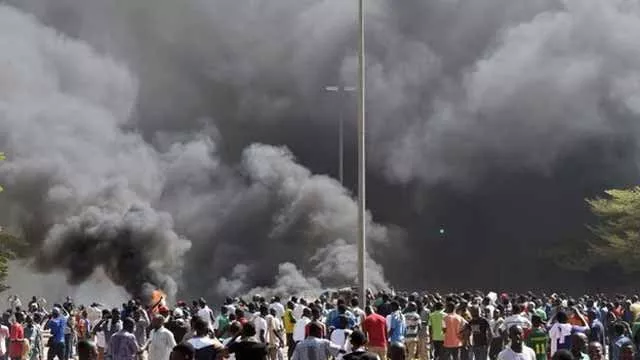
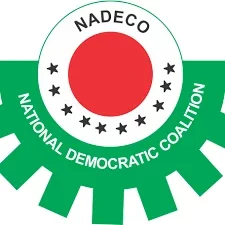
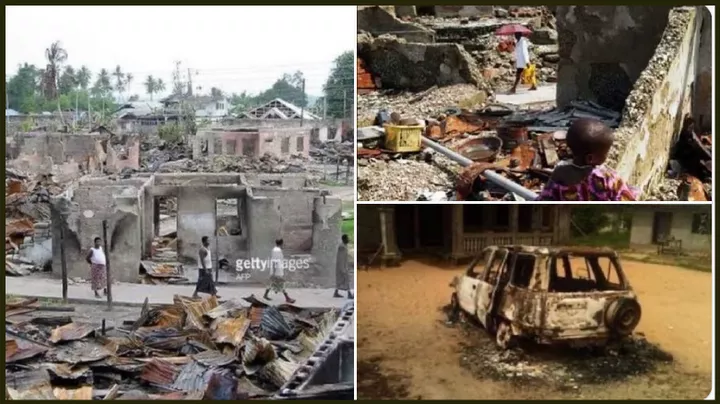
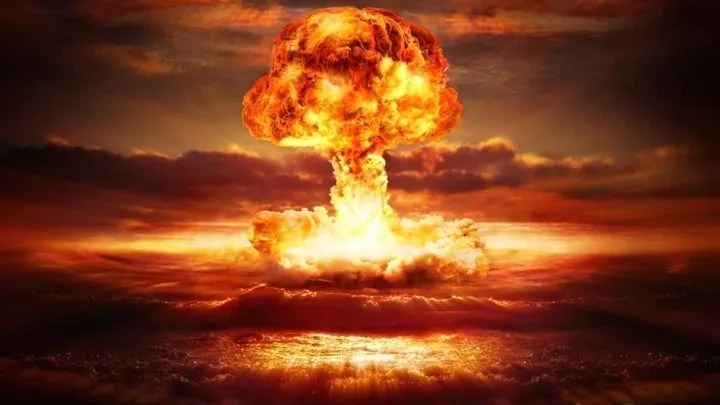
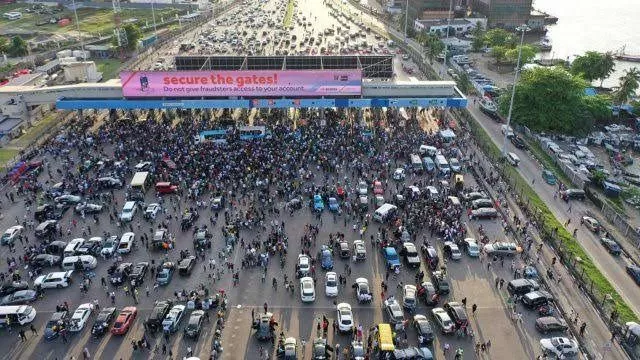
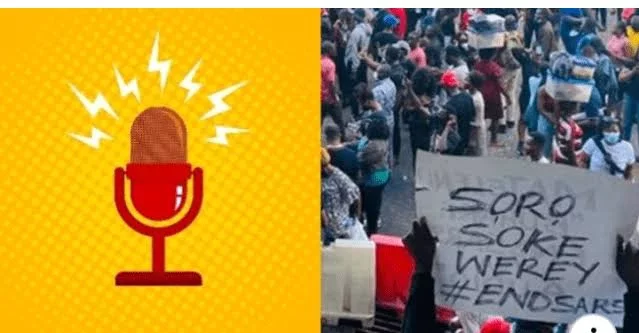
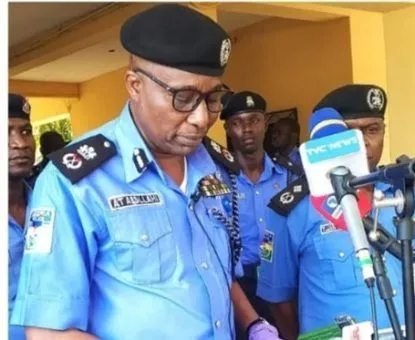

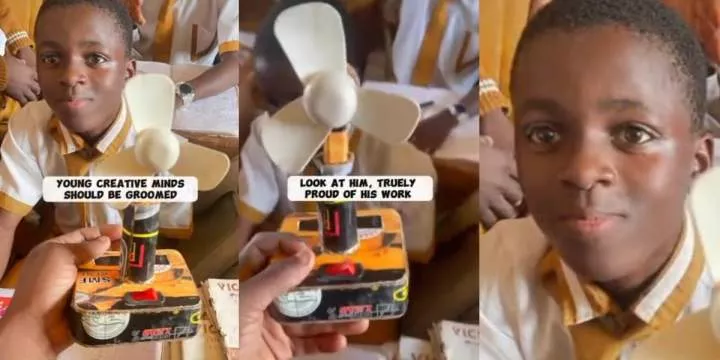



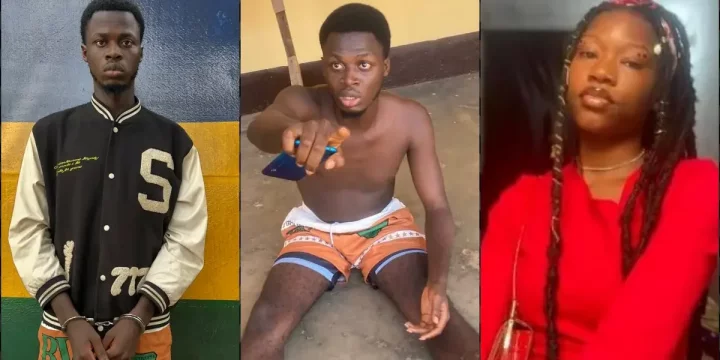


Comments